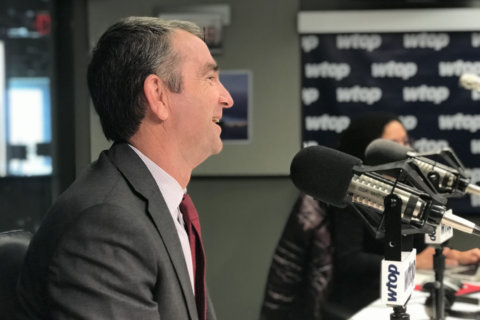WASHINGTON — Is Virginia ready to gamble on sports betting and the casino industry to generate new revenue in lieu of raising taxes? In most cases, the answer seems to be yes.
That’s one of several topics voters were asked about in the latest poll from the Wason Center at Christopher Newport University. Researchers found 63 percent of registered voters say sports betting should be legalized, and 77 percent say it’ll provide new revenues to the state.
The U.S. Supreme Court overturned a federal ban on the activity last year.
“This doesn’t surprise me at all,” said Rachel Bitecofer, the assistant director at the Wason Center. “Voters and legislators that represent them are looking for ways to increase revenues to state coffers that don’t involve new taxes on constituents.”
Another 64 percent say the Pamunkey Tribe should be allowed to move ahead with a casino being discussed outside of Richmond, and 58 percent say that if tribal casinos are allowed, other casinos should be allowed too. That could be compelling for lawmakers in the southwestern corner of Virginia who are being lobbied to support the legalization of a casino around Bristol.
Gambling revenue isn’t all that’s on the mind of lawmakers and voters. Changes to the federal tax law could end up boosting state revenues by up to $600 million, which is spurring talk of either a tax cut for everyone, or an expanded tax credit for low-income Virginians.
Either would be especially popular, though people surveyed in Republican districts tend to be more supportive of tax cuts for everyone. And when forced to choose, support was generally split, at 49 percent in favor of the tax cut and 46 percent in favor of the low- and moderate-income tax credit.
Overall, voters are exceptionally optimistic with where Virginia is going. A record 64 percent said the state is moving in the right direction — at a time when only 35 percent say the same thing about the rest of the country. “That is quite stunning,” said Bitecofer.
Gov. Ralph Northam has a 59 percent job approval rating; even 30 percent of Republicans back what he’s done since taking office in January.
In all, 841 people were surveyed; the margin of error is plus or minus 3.7 percent.








